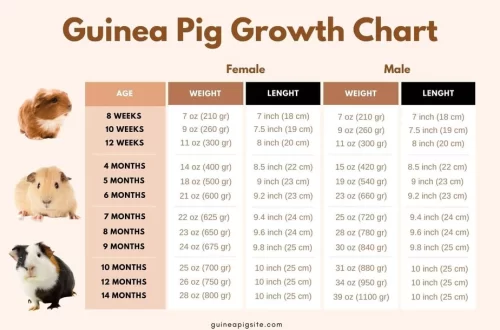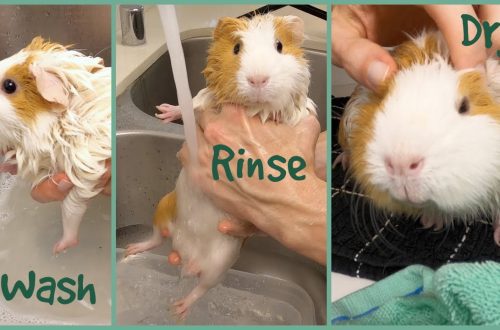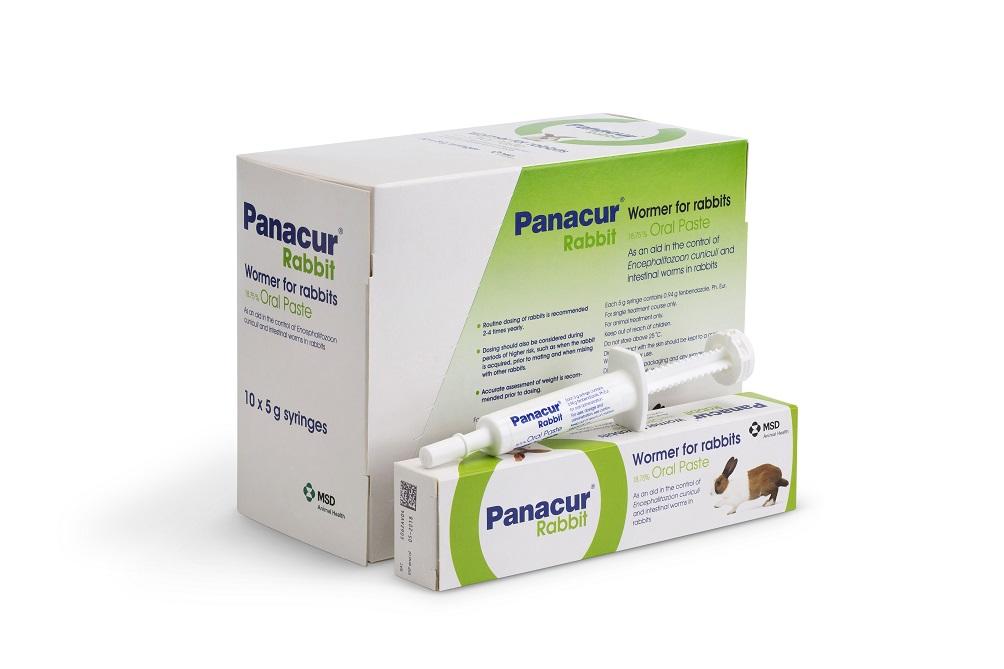
Deworming rabbits
Banners on the Internet and posters in veterinary clinics all over the world shout about the importance of deworming dogs and cats. And what about decorative rabbits? Can they get internal parasites? If yes, how does it manifest itself? Does a rabbit need to be dewormed if he does not leave his cage and does not communicate with other pets? The answers to these and other questions in our article.
Do rabbits get worms?
Parasitic diseases are common to all animals, and rabbits are no exception. Can a rabbit get worms? Unfortunately yes. Roundworms, nematodes, hookworms, pinworms – all these are the names of helminths that parasitize in the gastrointestinal tract and other internal organs of both wild and domestic rabbits.
The risk of helminth infection is very high if the rabbit is kept in unfavorable conditions, in contact with other animals, walking in the places where wild animals are located.
But even if you have only one pet, if he is never outside and you have created ideal conditions for him, there is still a risk of infection. Helminth eggs can be brought into the house after visiting the forest or park. A rabbit can become infected through drinking water, as well as through poor-quality feed, hay and grass collected from the locations of infected animals. Another route of infection is through the inventory of the cage, which has not been disinfected since the previous tailed “owner”.
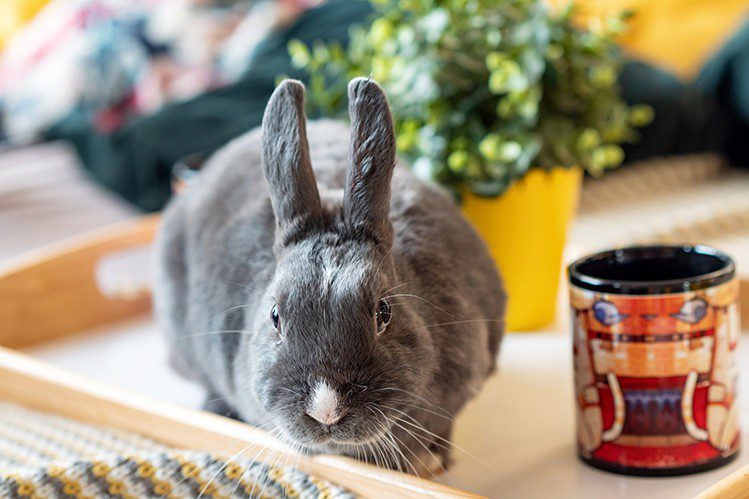
Green fodder collected in swampy areas, as well as root crops that have not been cleaned and processed, can cause infection. Just one unwashed carrot from the garden can cause illness.
Parasite eggs can be on the surface of a wide variety of objects and remain active for a long time (for example, in dry grass, under favorable conditions, parasites can live for about a year).
A rabbit can become infected with helminths at any age, at any time of the year. If timely measures are not taken, a strong helminthic invasion can lead to the death of a pet.
When ingested, helminth eggs are “activated”. Sexually mature parasites appear from them very quickly, which, in turn, begin to produce new larvae. The number of parasites is growing rapidly. Helminths feed on blood and lymph, consume nutrients that enter the body with food. They affect new organs, disrupt metabolism, release toxins that poison the body, violate the integrity of the gastrointestinal mucosa, and weaken the immune system. A pet infected with helminths becomes vulnerable to a huge number of diseases. Parasites are especially dangerous for immature rabbits or for animals that are under stress, whose health is undermined.
There are many ways to infect a rabbit with helminths, and the consequences can be the most serious. Therefore, the most effective way to protect your pet from internal parasites is regular deworming. Discuss with your veterinarian the choice of drug, dosage and treatment schedule.
Symptoms of helminthic invasion
How to understand that a rabbit has worms? At first, while there are few parasites in the body, the infection proceeds latently. A rabbit can have a normal appetite, a normal behavior, and the owner will not suspect anything. Symptoms also depend on the individual characteristics of a particular rabbit: its age, health status, and the state of the immune system. However, internal parasites multiply very quickly, and soon the body begins to signal its problem.
We list the main symptoms of helminthic invasion in decorative rabbits:
Increased appetite or, conversely, refusal to eat
Weight loss (including in parallel with increased appetite)
Digestive disorders: loose stools and constipation
Apathy, weakness, drowsiness
Paleness of mucous membranes
Nausea
Deterioration in the quality of wool: it becomes dull, tangled, falls out
Skin inflammation
Thirst
Convulsions, spasms, impaired coordination of movement – with a strong invasion.
If you suspect a helminthic invasion, pay attention to the pet’s stool. Feces may contain undigested food, mucus, foam, blood clots. You may notice the helminths themselves or their eggs.
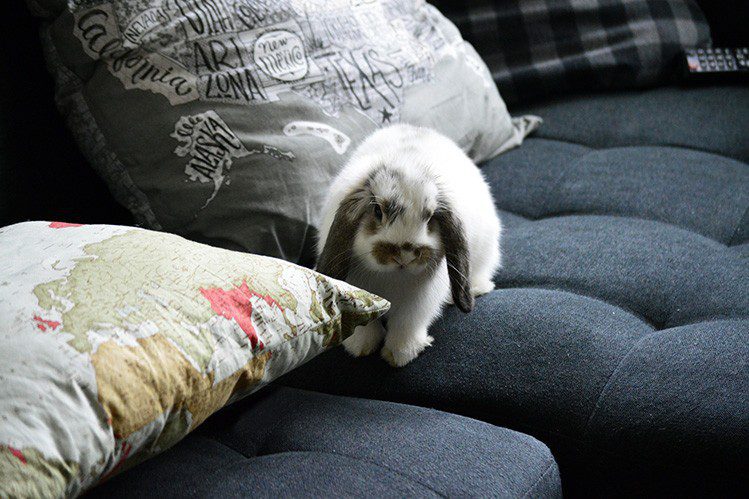
What to do if the rabbit has worms?
Regardless of the set of symptoms, even if you saw the parasites themselves and the diagnosis is obvious to you, the rabbit still needs to be shown to a veterinarian. Why is it so important?
The symptoms of helminthic invasion are similar to the symptoms of other diseases, and only a specialist can determine the exact cause of the ailment. But what if you saw helminths with your own eyes and now the problem is clear to you? You still have to show the pet to the doctor and take the feces for analysis. The fact is that a rabbit can be infected with several types of helminths, and its treatment will depend on this picture.
Infection with helminths is a serious blow to the health of a pet. Do not try to treat the rabbit yourself, so as not to further harm an already weakened body. Treatment is prescribed exclusively by a veterinarian. And you, as a caring owner, must strictly follow all his recommendations.
Compliance with simple rules of zoohygiene and preventive visits to the veterinarian will help you prevent helminthic infestations.
Take care of your pets and let them bring a lot of joy to your home!




